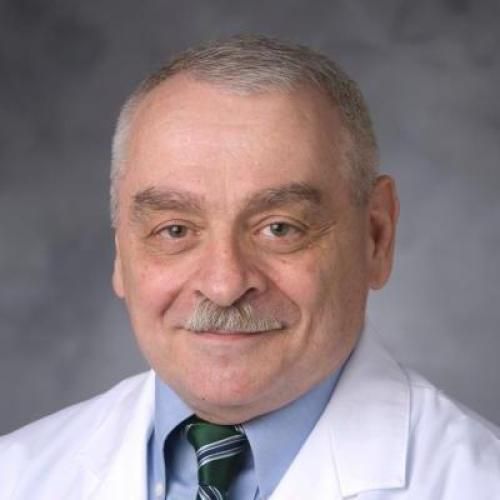Proinflammatory cytokines increase in sepsis after anti-adhesion molecule therapy.
Cytokine mediators and leukocyte-endothelial cell adhesion molecules are critical and interdependent components of the acute inflammatory response in sepsis. We hypothesized that the administration of monoclonal antibodies to intercellular adhesion molecule-1 (CD54) or E- and L-selectin (CD62E/L) would decrease serum levels of the proinflammatory cytokines interleukin-1beta (IL-1), IL-6, and IL-8 and tumor necrosis factor receptor (TNFR-1) in baboons during sepsis. Adult male baboons received infusions of 1 x 10(9) colony forming units (CFU)/kg heat-killed Escherichia coli (E. coli) followed 12 h later by live E. coli (1 x 10(10) CFU/kg). At the time of live bacterial infusion, six septic animals were treated with a monoclonal antibody to CD54 and six with an antibody to CD62E and L (1 mg/kg). Eight untreated septic animals served as controls. Sequentially drawn serum samples were assayed for IL-1, IL-6, IL-8, and TNFR-1 using enzyme-linked immunoassay (ELISA). Data were compared using Mann-Whitney U tests and Chi-square analyses. Median survival was decreased in both treatment groups compared to controls (P < 0.05). Peak IL-1 level was higher than controls in septic animals treated with anti-CD54 but not anti-CD62E/L (P < 0.05, P = NS, respectively). Elevations in IL-6, IL-8, and TNFR-1 were increased and prolonged in both antibody treated groups compared to controls (P < 0.05). These results provide the first in vivo evidence that leukocyte-endothelial adhesion molecules CD54 and CD62E/L regulate cytokine production in sepsis.
Duke Scholars
Altmetric Attention Stats
Dimensions Citation Stats
Published In
DOI
ISSN
Publication Date
Volume
Issue
Start / End Page
Location
Related Subject Headings
- Sepsis
- Receptors, Tumor Necrosis Factor, Type I
- Receptors, Tumor Necrosis Factor
- Papio
- Male
- L-Selectin
- Interleukin-8
- Interleukin-6
- Interleukin-1
- Intercellular Adhesion Molecule-1
Citation
Published In
DOI
ISSN
Publication Date
Volume
Issue
Start / End Page
Location
Related Subject Headings
- Sepsis
- Receptors, Tumor Necrosis Factor, Type I
- Receptors, Tumor Necrosis Factor
- Papio
- Male
- L-Selectin
- Interleukin-8
- Interleukin-6
- Interleukin-1
- Intercellular Adhesion Molecule-1



